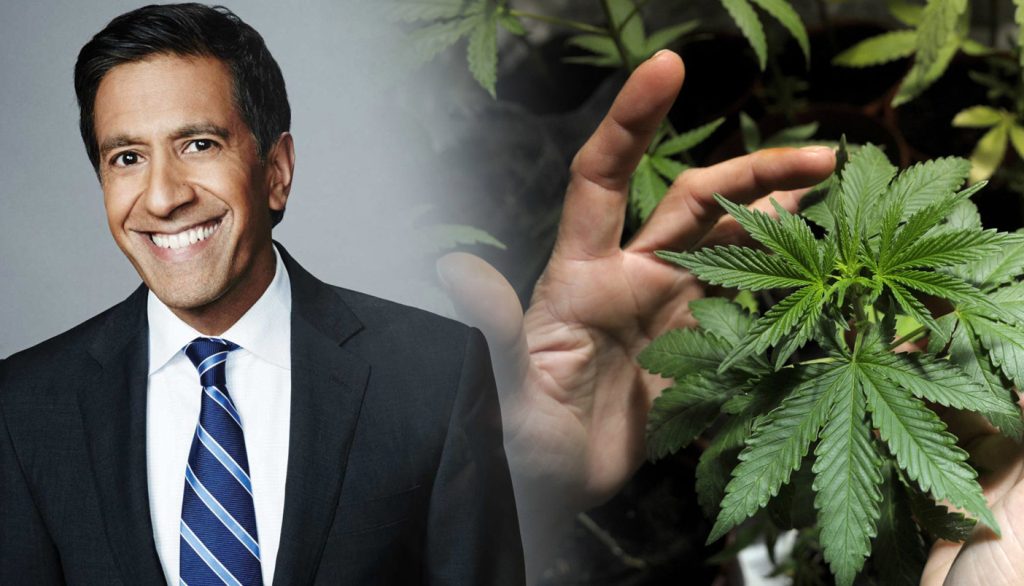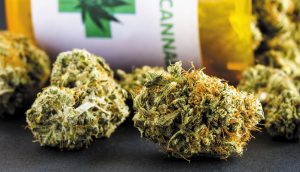A New Era For Cannabis And What It Could Mean For You

The U.S. government recently proposed rescheduling cannabis from a Schedule I to a Schedule III drug — basically signaling it has some accepted medical use and a moderate to low potential for physical and psychological dependence. But what does this mean in the real world exactly? Sanjay talks with “The Pot Doc” Dr. Staci Gruber, Director of the Marijuana Investigations for Neuroscientific Discovery (MIND) program in Boston, to explore the possible impacts of this rescheduling on research, healthcare, and yes – even you.
LISTEN TO THE PODCAST EPISODE by Sanjay Gupta.
Episode Transcript
Dr. Sanjay Gupta
You know, like many folks, for a long time, I was pretty skeptical about the medical benefits of cannabis. Yeah, I knew it had been talked about for a while. It was touted as this sort of wonder drug. I wrote columns about it for Time magazine. We were told that would help everything from chronic pain to mood disorders, even cancer symptoms.
But for me, the evidence just wasn’t lining up. And despite the buzz, I wasn’t entirely convinced. Well, that skepticism for me began to change over a decade ago. Why? I started to look at the evidence, not just from the United States, but from countries all over the world. I started to look at the data, not just from federally funded labs, but from privately funded labs as well.
And I also met a little girl named Charlotte Figi.
‘Charlotte was six years old when I met her. She had Dravet syndrome, a rare and extreme form of epilepsy. She’d been dealing with it all of her life, and by the time she was five, she was having three seizures a week. Think about that. That’s almost two seizures every hour. She wasn’t talking. She wasn’t moving. She was basically catatonic. Now, her family tried everything for her, as you might imagine, but traditional treatments were not working, and many of them had dangerous side effects. They could actually stop her heart her parents were told. Doctors at one point considered putting her in a medically induced coma to try and give her brain and body some rest. And it was at that point out of options that her parents decided to try something that was pretty unconventional at the time, a non-psychoactive ingredient from the cannabis plant, something called cannabidiol or CBD. And it worked.
Read the full transcript at CNN.





